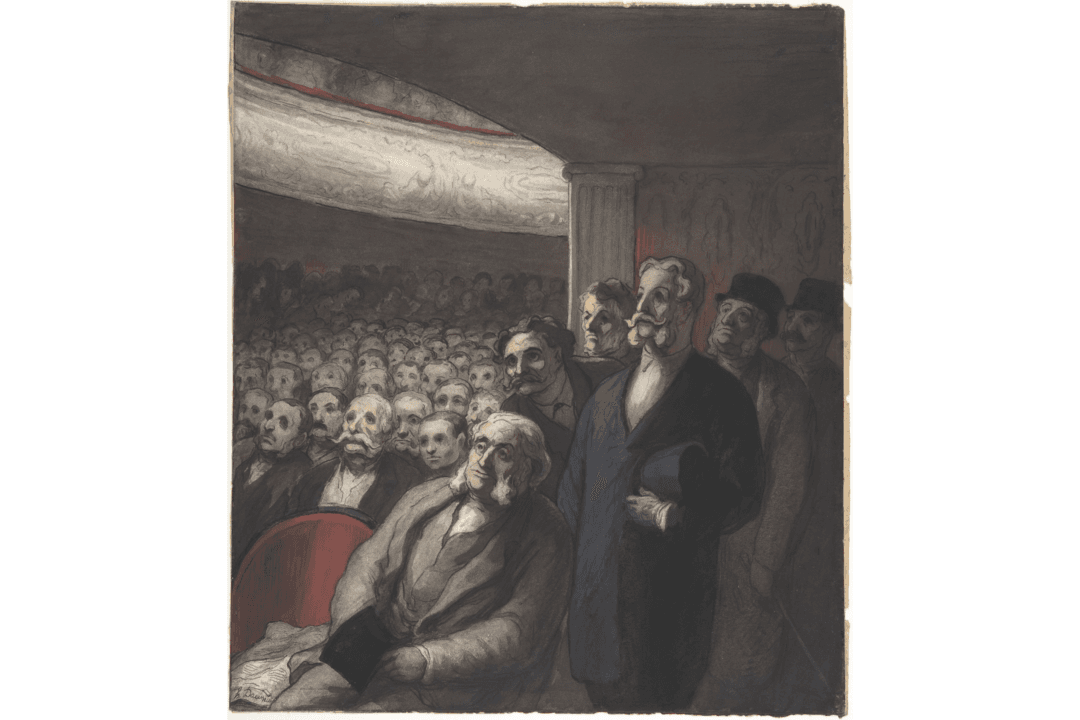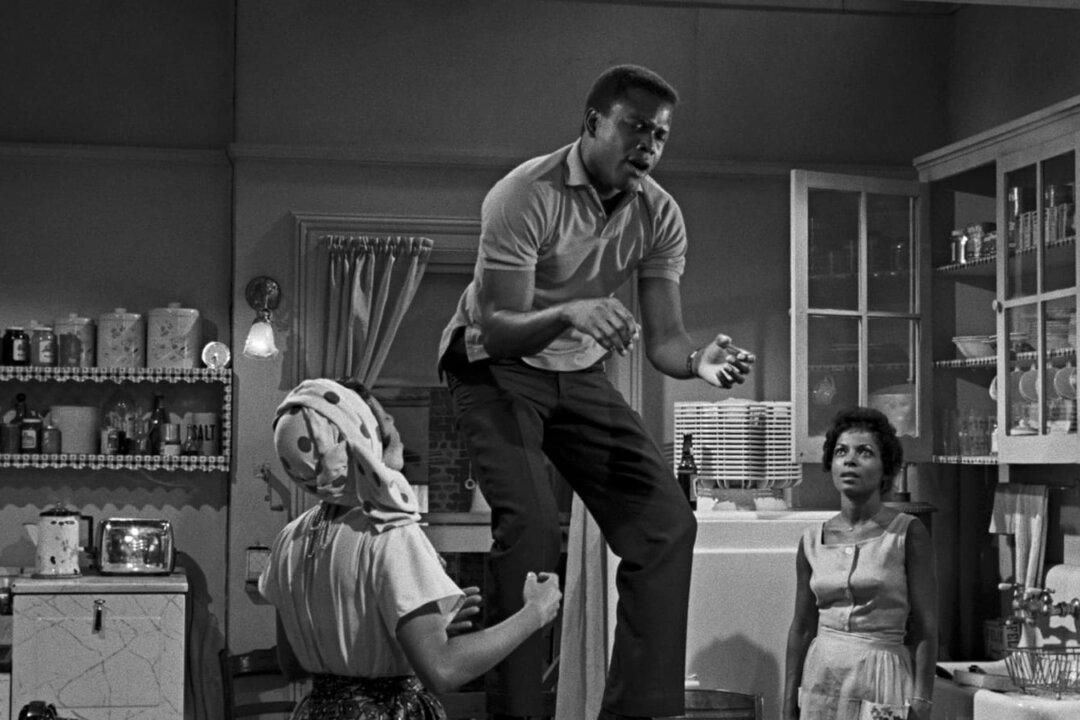If you’ve read any of the articles I’ve written for this publication or have seen my website, you know I have two passions: the theater and the founding principles of our nation. I often look for ways these two enthusiasms intersect; this is how I had the idea for The Natural Theatre, the theater movement that celebrates American philosophical values of individualism, moral virtue, reason, and human nature. I believe our culture would do well to re-embrace our American ideals, especially as depicted through the arts.
It’s a daunting task to portray American values these days, as our citizenry (particularly the younger generation) seems to lack a basic understanding of civics. In May 2023, Forbes reported on the “Nation’s Report Card,” describing what eighth graders know about U.S. history and civics as “grim.” According to the report, only 13 percent of students were “proficient” in U.S. history and just 22 percent were proficient in civics. These are grim results indeed, and we have not been proficient in these subjects for decades.






